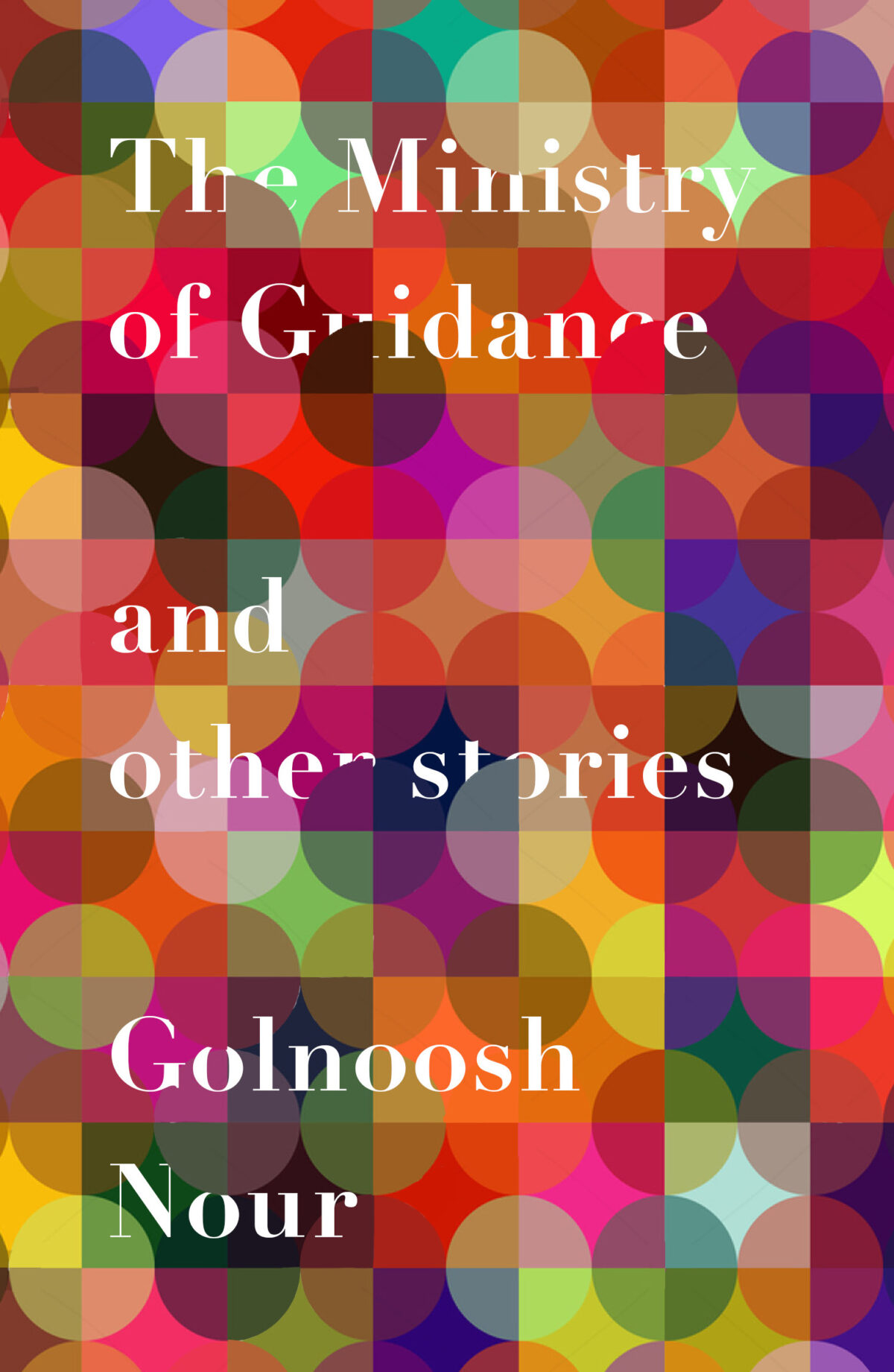 As this book’s dedication asserts, these stories are “for all the queers”, and a queerer collection of short stories you’re unlikely to encounter this year. These tales are queer in the truest and most profound sense, existing at the dangerous and fertile intersection of gender, ethnicity, class and sexuality.
As this book’s dedication asserts, these stories are “for all the queers”, and a queerer collection of short stories you’re unlikely to encounter this year. These tales are queer in the truest and most profound sense, existing at the dangerous and fertile intersection of gender, ethnicity, class and sexuality.
In the first story, set in Iran, ‘The Ministry of Guidance’, Sogol visits said ministry to see if her collection of poems has been deemed publishable. To do this, she dons her mother’s chador, “to fool them….to look chaste”. Sogol comes from a secular, intellectual family but in order to appear to be a good Muslim girl she dons the appropriate apparel, gleefully playing the part of someone chaste. The man she meets at the Ministry, Mr. Mohammidi, makes it clear her book won’t be given approval unless she has sex with him, and this hypocrisy sets the tone for the entire collection, which explores what it means to play a part, to appear to be one thing whilst really being another.
Both Sogol and Mr. Mohammidi are pretending to be something they’re not and this performative dynamic thrums across the whole collection in challenging and invigorating ways. In ‘Tehran Yaoi’, a young gay man, living “in a country whose president has denied my existence”, pretends to like Lady Gaga in order to impress a boy he fancies.
In ‘God’s Mistake’, a young woman pretends her sex journal is a novel she’s writing after her mother discovers it. Performance is survival when the truth will render you vulnerable to hurt.
Across a rich diversity of characters and locations – London, Ukraine, Tehran, Shiraz, the Caspian Sea, Cologne – these young queer men and women are navigating worlds in which their desires are impermissible, looking for guidance and finding none. In one of my favourites, ‘Caspian’, a young girl, Mojgan, with a strong religious conviction and moral sense, comes to the dawning realisation that her adored older brother, Mohammad, is gay. On a trip to the Caspian sea with Mohammad and his lover, Armin, she witnesses their intimacy and the penny drops:
“She saw her brother biting Armin’s neck while rising and falling with the waves, except that Mohammad didn’t look like her brother any longer; he looked like a violent animal preying on male flesh. She saw Armin swiftly kissing her brother’s parted lips. “The kiss must taste salty and polluted like the Caspian sea.”
Nour is a poet and her command of language is impressively seductive: her prose is sharp, precise and at times gloriously dramatic (“I want to sniff him until I’m incapable of breathing”), every story bursting with life and the terror it inspires. These characters are displaced, often migrants, out of sorts, unsettled, maladjusted : “And this is the tragedy of us: we don’t ever conform, we will never belong, no matter where we are.”
This might be their tragedy, but it also makes for an eminently irresistible collection of stories I urge you to go out and purchase.
 Golnoosh Nour was born in Tehran. She studied English Literature at Shahid Beheshti University, and did a PhD in Literature and Creative Writing at Birkbeck. Her short story collection The Ministry of Guidance and Other Stories was published by Muswell Press in April 2020.
Golnoosh Nour was born in Tehran. She studied English Literature at Shahid Beheshti University, and did a PhD in Literature and Creative Writing at Birkbeck. Her short story collection The Ministry of Guidance and Other Stories was published by Muswell Press in April 2020.
Review by Jonathan Kemp
Queerguru London Contributing Editor Jonathan Kemp writes fiction and non-fiction and teaches creative writing at Middlesex University. He is the author of two novels – London Triptych (2010), which won the 2011 Authors’ Club Best First Novel Award, and Ghosting (2015) – and the short-story collection Twentysix. (2011, all published by Myriad Editions). Non-fiction works include The Penetrated Male (2012) and Homotopia?: Gay Identity, Sameness and the Politics of Desire (2015, both Punctum Books).

